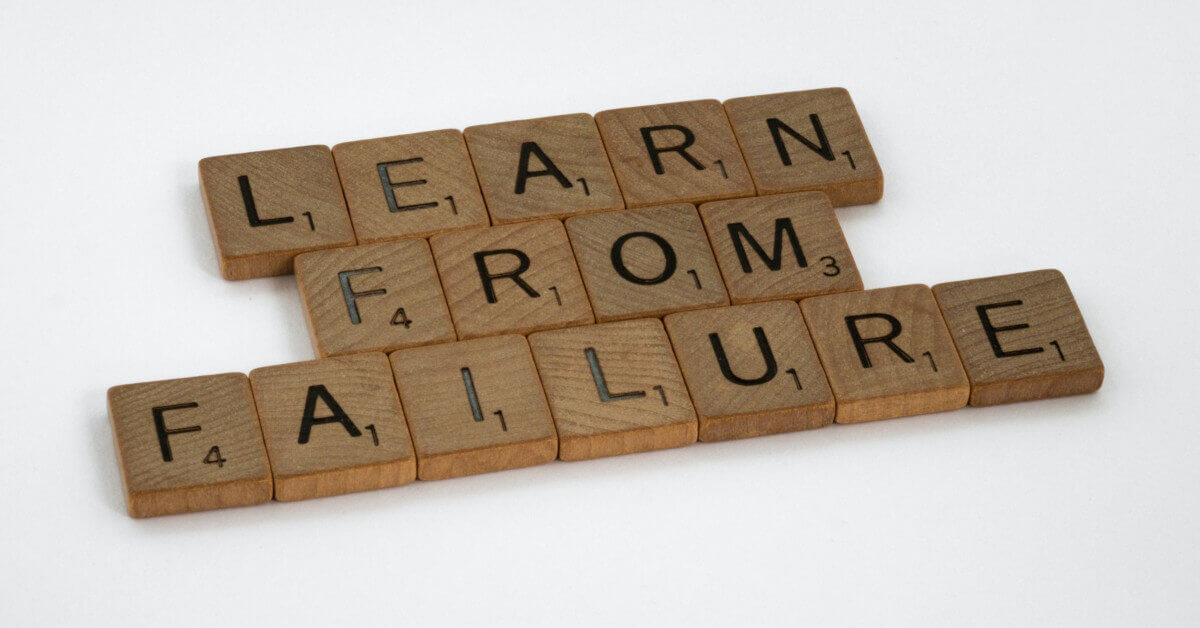Keeping On Top Of Your Mental And Emotional Health

Saying that times are challenging these days would be a gross understatement.
With the Covid pandemic, political polarization, lockdowns, vaccine mandates, people losing their jobs daily and untruthful media juggernauts dividing the people over issues – let’s just say, times are stressful.
They really are… and millions of people are feeling it. They’re weary, worn down and in a state of numbness. Their mental and emotional health has taken a beating.
The good news is that you can remedy this problem and maintain your sanity in a world that seems to be growing increasingly insane by the day.
Here’s how you do it…
Find Your Triggers

The first step to healing yourself will be to find out what’s getting you down.
Are you unhappy at work? Is it the news? Or is it the constant vitriolic debates on social media that’s aggravating you?
What’s important is to know what’s eating you.
Even overthinking can be a problem – and the first step is knowing what’s causing you distress.
Avoid Those Triggers

As simple as this sounds, people are not rational and fail to do it. Millions get stressed out watching the news which is always polarizing and stirring up fear. It would only make sense to stop watching this drivel.
But people don’t.
Like a deer caught in the headlights, they keep consuming the news content put out by the networks who have hidden agendas of their own. As a result, they get more stressed out. It’s a vicious cycle that never ends.
Eliminate ALL triggers that are causing you mental and emotional anguish.
Do A Digital Detox

A 3-to-5-day digital detox will do wonders for your mind and soul. When you don’t watch TV or use your phone, you’ll immediately be reducing the amount of stimuli your brain receives and processes. As a result, you’ll calm down.
Recently, Facebook (Instagram and WhatsApp too) was down for a day. Millions of people reported feeling better for that day when they couldn’t access their social media.
They got a brief respite from all the stimuli. Instead of understanding how beneficial this was to their mind and soul, the masses mindlessly got back on social media the very next day when the platforms resumed operations and started discussing why the ‘blackout’ happened.
It never ends. Until you realize that less is more here, you’ll be a victim and be swayed by the daily issues the world is ranting about. Step away from the noise.
Like Max Lucado said, “A man who wants to lead an orchestra must turn his back on the crowd.”
Turn your back on the social media crowd and your life will become a symphony. Or at the very least, it won’t become a stressful cacophony of social media talking points.
Avoid Stimulants

While your morning coffee is fine, you’ll want to avoid energy drinks and other stimulants to keep you going through the day. Caffeine dependency is a very real problem.
It causes anxiety and when you’re not loaded up with caffeine, you feel lost. Over and above that, any alertness you get from caffeine is temporary… but it generally leaves you feeling worse after the effects wear off.
Since the half-life of caffeine is about 5 hours, many people still have caffeine in their system when its bedtime. As a result, they can’t sleep well and wake up groggy and stressed out. Avoid caffeine after 1 PM.
Stay Healthy

We all know what we need to do here. Eat clean and in moderation – and exercise 4 to 5 times a week. It’s so simple in concept but so difficult in practice.
A good diet and regular physical activity are 2 of the best forms of self-care any individual can undertake.
Want to feel better mentally and emotionally?
Then look after your body well.
Manage Your Fear

However bad things may be, fear helps no one. Like author, Robin Sharma says, “Being scared is part of being alive. Accept it. Walk through it.”
Fear of death. Fear of Covid. Fear of what others may think about you. Fear of being unemployed. Fear, fear, and more fear.
Don’t let fear control your life. Tell yourself that you’re resilient and will get through anything. You’ve come this far, haven’t you?
Well, you have what it takes to go all the way. Focus on your goals and where you want to go – not fear.
De-Stress

Massages, yoga, aromatherapy, walks in the park, watching a comedy, going to the zoo or an amusement park, etc. are all forms of stress relief.
What matters here is that you do what works for you. Break the monotony in your life. Do something fun. Very often, people get trapped in a mundane cycle of work and mind-numbing entertainment such as reality TV.
What you really need is a change in your daily life. Something that takes you out of your normal routine and helps you break through the grey fog of inertia and unhappiness.
Doing something that’s fun and not what you normally do will be akin to letting rays of sunlight break through the dark clouds in your life. You’ll get a ‘breather’ and be able to shift your mental state. This is priceless.
Help Others

The author, Robert Ingersoll, once wrote, “We rise by lifting others.”
An excellent quote with an eternal truth – when you help someone else, you will feel better.
You’ll feel like you’re making a difference in the world, and your actions just might make someone else believe in the goodness of people. This belief is in short supply these days.
Ideally, you’ll want a hands-on approach such as volunteering at a homeless shelter or even a pet shelter. Doing good will make you feel good.
Buying a homeless person a meal will not only help them but will make you feel much better than donating your money to a faceless organization.
Sometimes, you’ll even find good conversation among people who have fallen through the cracks of the system. That said, you’ll want to be cautious in your approach too.
Your mental health and emotional health are intertwined. How you process information is just as important as how you emotionally react to it. It’s imperative that you be aware of this.
Feed your mind positive information. Where your attention goes, your energy goes.
If your attention goes on social media and reading hateful comments, you’ll be stressed out and become spiteful too. Your mind and thoughts be clogged up with drama, debate, and disinformation.
If you spend your time reading good books and helping yourself to progress in life, you’ll feel a sense of achievement because your life feels more purposeful. That’s how you look after your mental and emotional wellbeing.
“You can’t have a positive life and a negative mind.” – Joyce Meyer
Whatever you want in life will require discipline to achieve and maintaining a healthy mental and emotional balance is a small part of that. And if you want to know more about harnessing the power of self-discipline, then check out the featured resource below for a free report; download, read it and take action 🙂






































